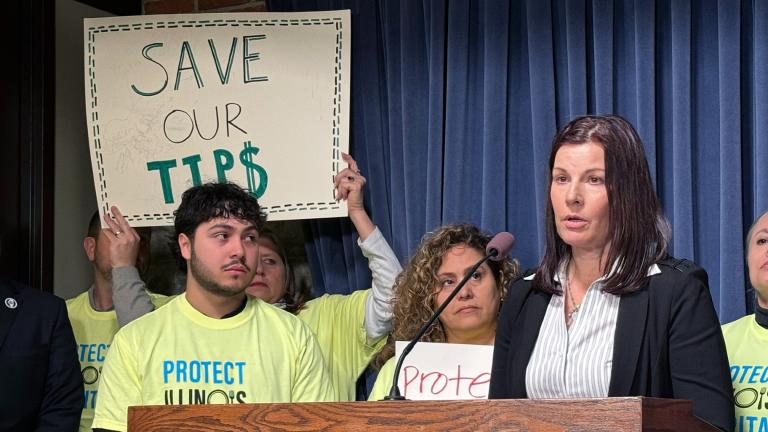Remote working. A four-day workweek. Quiet quitting. A resurgent labor movement.
These are just a few of the changes workers and employers have been grappling with over the last few years.
So what does the future of the workforce look like — and what does it mean for companies and workers?
Bob Bruno, a professor of employment and labor relations at the University of Illinois Urbana-Champaign and author of the book “What Work Is,” said his students — who will soon be in the workforce themselves — are looking for many of the same things past generations have wanted.
“They want to be well compensated; they want a job that’s going to meet their material needs,” Bruno said. “But also, there needs to be meaning, there needs to be high levels of satisfaction, high levels of engagement, and opportunity to use both their physical skills, intellectual skills. They bring their whole self into the job.”
But he added that the new generation is looking for more balance when it comes to life and work.
Companies today are aware of these wants, according to Tom Gimbel, CEO of the LaSalle Group. He said figuring out how to juggle this is a different story.
“When we’ve got Gen Xers, we’ve got Gen Z, millennials and the end of the Baby Boomer generation in the workforce, that’s a lot of balls in the air for leadership and managers to juggle on how to collaborate and communicate with that big of a discrepancy,” Gimbel said. “There is so much at stake, that it’s not just about how you give an employee a better work-life balance. It’s about, how do you grow an enterprise that gives career growth as well as the ultimate thing, servicing the customers that pay the bills for everything.”
As more workers speak out on these needs and wants, Bruno said continuing successes will change the future of the workplace.
“They’ve seen some strikes and organizing be successful and this will incentivize and inspire them to resist, probably in ways that are much stronger than they have in the past if they feel that they’re not getting both bread and roses in the workplace,” Bruno said.








